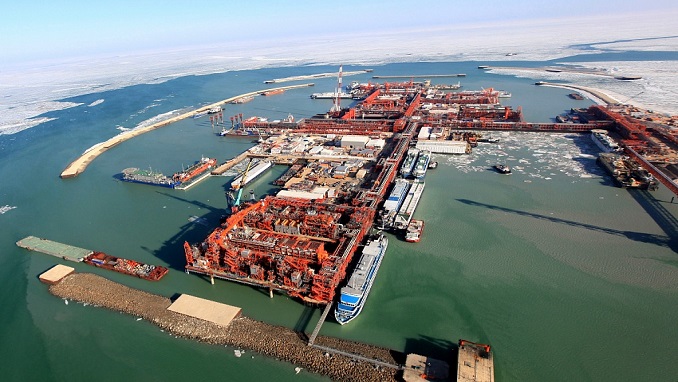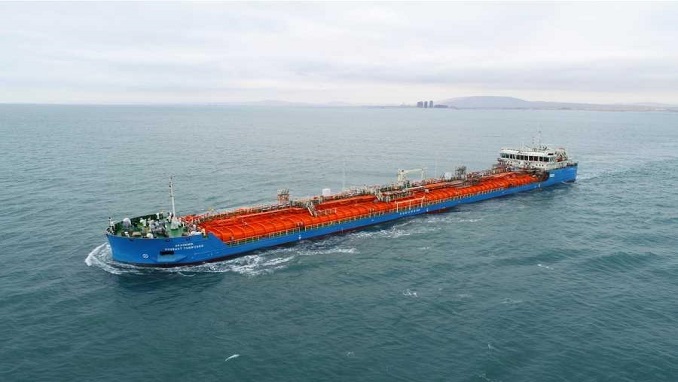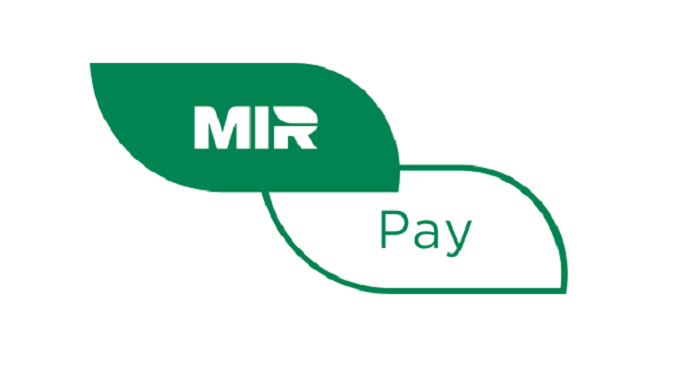The Azerbaijan Caspian Shipping Company (ASCO) announced Monday that it has launched for the first time transportation of oil produced from Kazakhstan’s Kashagan field along the Aktau-Baku route across the Caspian Sea.
The oil, according to ASCO, is transported along the new route by the “Academician Khoshbakht Yusifzade” tanker which departed from the Kazakh port of Aktau.
The first batch contains in total 6,900 tons of crude oil which will be delivered to the Azerbaijani Sangachal terminal, the company added.
The total carrying capacity of the “Academician Khoshbakht Yusifzade”, which can carry both oil and chemical products, is 7,800 tons.
Built at Baku Shipyard by the order of the Azerbaijan Caspian Shipping Closed Joint-Stock Company (ASCO), the “Academician Khoshbakht Yusifzade” tanker’s launch ceremony on December 7, 2022, was attended by Azerbaijan’s President Ilham Aliyev.
Kazakhstan’s oil pipeline company KazTransOil previously announced that it plans to send a trial shipment of 7,000 tons of oil from the Kashagan field to the Port of Aktau for further delivery to the Port of Baku.

INPEX North Caspian Sea, Ltd is registered as the shipper of Kashagan oil.
Kazakhstan’s Prime Minister Alikhan Smailov announced in November that his country will start transporting 1.5 million tons of oil through Azerbaijan- through the Baku-Tbilisi-Ceyhan pipeline- in early 2023 as part of growing efforts to find export routes bypassing Russia.
Astana’s expectations are that annual shipments via the Baku-Tbilisi-Ceyhan pipeline will reach 6-6.5 million tons in time.
More than two-thirds of Kazakhstan’s oil exports were previously sent to Europe via Russia but, since the war in Ukraine started, a heavy emphasis has been placed on developing the capacity of the so-called Middle Corridor.
Expressing his optimism at the time, Kazakh President Kassym-Jomart Tokayev said that the volume of oil transported through two Kazakhstani ports – Aktau and Kuryk- along the trans-Caspian route would eventually increase to 20 million tons per year.
Tokayev, however, didn’t specify a timeframe to reach that goal.



